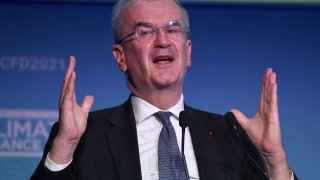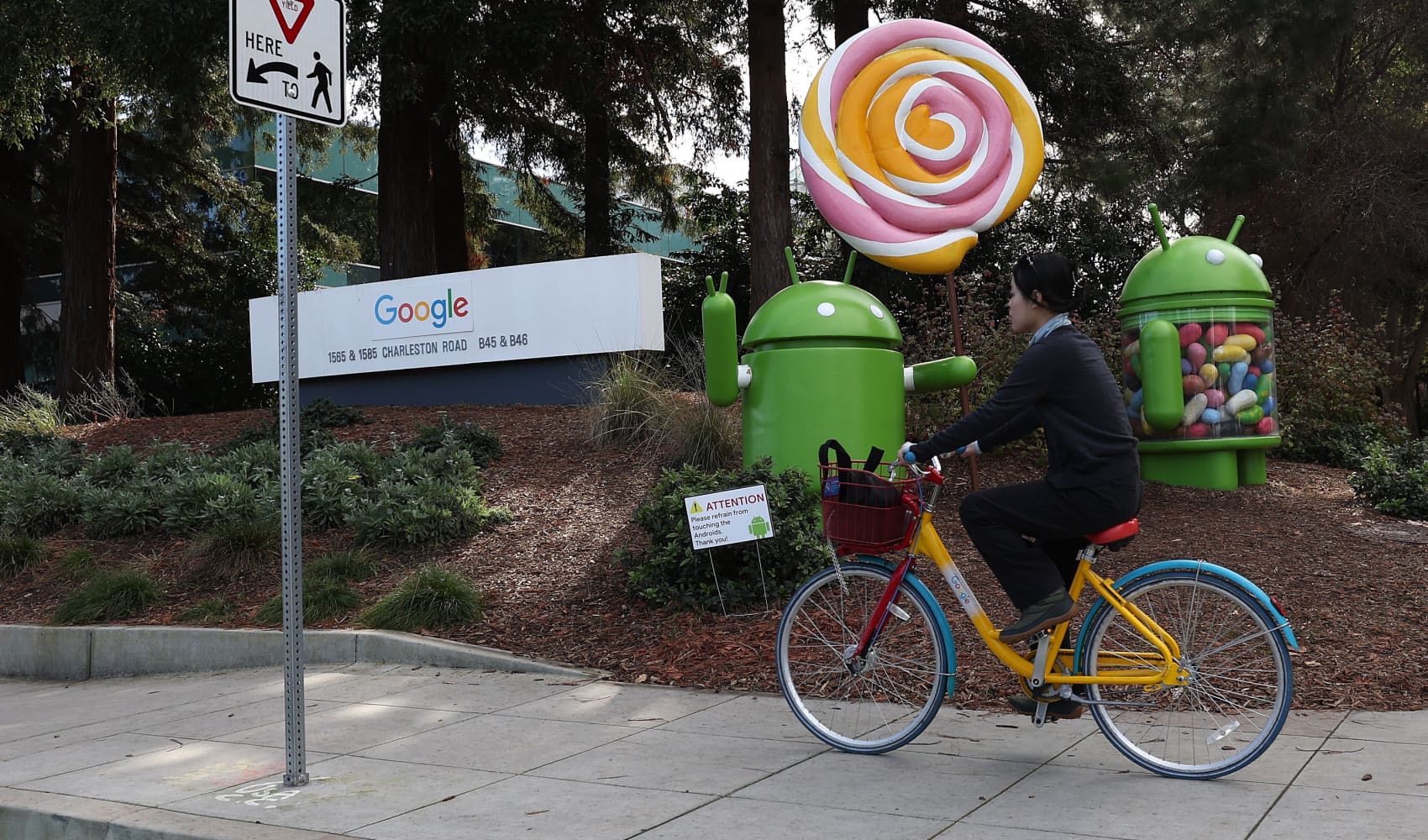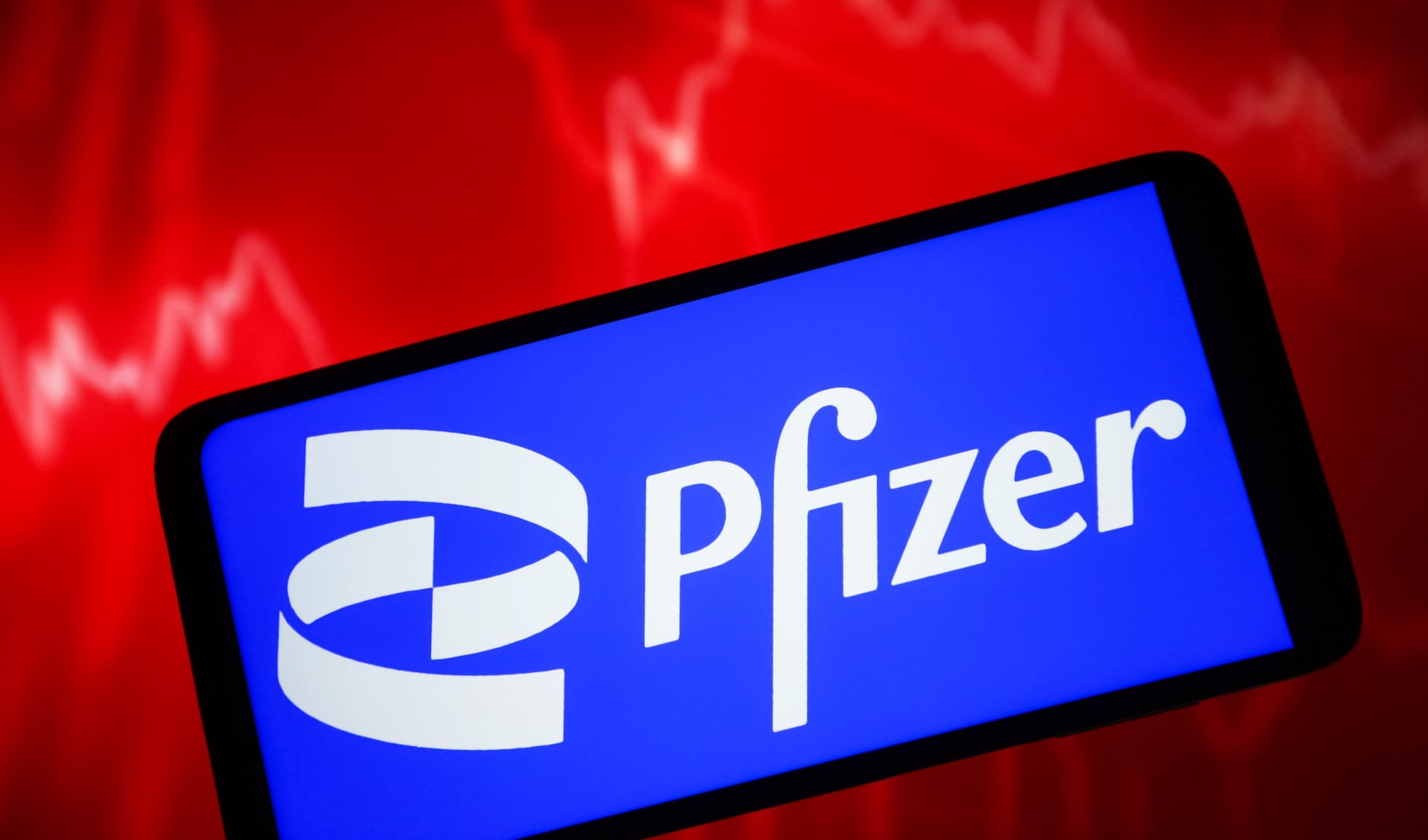
- Bond buying under the ECB's 1.85 trillion euro ($2.19 trillion) Pandemic Emergency Purchase Programme, or PEPP, is due to end in March.
- But purchases under the older Asset Purchase Programme, or APP, are being ramped up to serve as a quantitative easing bridge through the end of the PEPP.
- The ECB expects all bond buying to stop "shortly before it starts raising the key ECB interest rates."
A prominent member of the European Central Bank's Governing Council has said its net asset purchases could end in the third quarter of this year, but tweaks to the bank's monetary policy could mean that rate hikes might not immediately follow.
Francois Villeroy de Galhau, the governor of France's central bank, told CNBC Tuesday that soaring inflation and geopolitical risks mean that the central bank should bring a level of "optionality" into its thinking when it meets again on March 10.
Get Philly local news, weather forecasts, sports and entertainment stories to your inbox. Sign up for NBC Philadelphia newsletters.
"For me, increased optionality means that probably we should decide about an end date of the net asset purchases ... And I think it could be the around Q3, but the precise point needs to be discussed," he told CNBC's Annette Weisbach.
Bond buying under the ECB's 1.85 trillion euro ($2.19 trillion) Pandemic Emergency Purchase Programme, or PEPP, is due to end in March. But purchases under the older Asset Purchase Programme, or APP, are being ramped up to serve as a quantitative easing bridge through the end of the PEPP.
The APP had continued at a monthly pace of 20 billion euros in conjunction with the PEPP. But it will rise to 40 billion euros in the second quarter, 30 billion euros in the third quarter, and then back down to 20 billion euros "for as long as necessary." The ECB also expects all bond buying to stop "shortly before it starts raising the key ECB interest rates."
Money Report
But Villeroy on Tuesday suggested that the timeline for these stages could be altered, telling CNBC that the "shortly" wording in the ECB's guidance could be dropped. Thus, an end to bond buying in the third quarter might not necessarily mean a rate hike in the fourth quarter.
"I am asking whether we should not drop this 'shortly,' in order to have more options about the calendar of the second step," he said.
"Forward guidance is important to give clarity, but it should not go so far as tying our hands, especially in uncertain times ... We follow our sequencing, we have a clear curve. We could decide about the first step in March. We'll see," he later added.
Constantinos Herodotou, governor of the central bank of Cyprus, told CNBC Thursday that supporting Villeroy's proposal to drop the word "shortly" from the ECB's guidance would depend on new inflation forecasts given by the central bank in March.
"It is not only the near-term inflation outlook which has to sustainably be at 2%, but we need to see whether inflation expectations have moved," he said.
"In our last Governing Council monetary policy meeting inflation expectations were still well-anchored. And we need to see whether there is wage growth that is beyond productivity growth."
Record inflation
Earlier this month, the ECB — the central bank for the 19 nations that share the euro — kept its key interest rate unchanged despite inflation hitting a record 5.1% in January. However, President Christine Lagarde gave a more hawkish tilt to her language by refusing to rule out a tightening of monetary policy this year.
Indeed, market participants have started to price in two rate hikes for the ECB for 2022, but it would still remain behind the normalization paths of the Bank of England and the U.S. Federal Reserve. The predicted end of monetary stimulus and so-called easy money has rattled bond markets, with benchmark sovereign yields for countries like Italy and Greece rising rapidly in recent weeks.
The debate over inflation in the 19-member bloc is fierce. On the one hand, some argue that current inflationary pressures will ease and a degree of monetary policy loosening is needed. Others counter that the ECB needs to tighten monetary policy after consecutive historic monthly highs in inflation.
Last week, Bundesbank Governor Joachim Nagel became the second central banker in a few days to indicate that the ECB may raise rates later this year.
—CNBC's Silvia Amaro and Elliot Smith contributed to this article.






